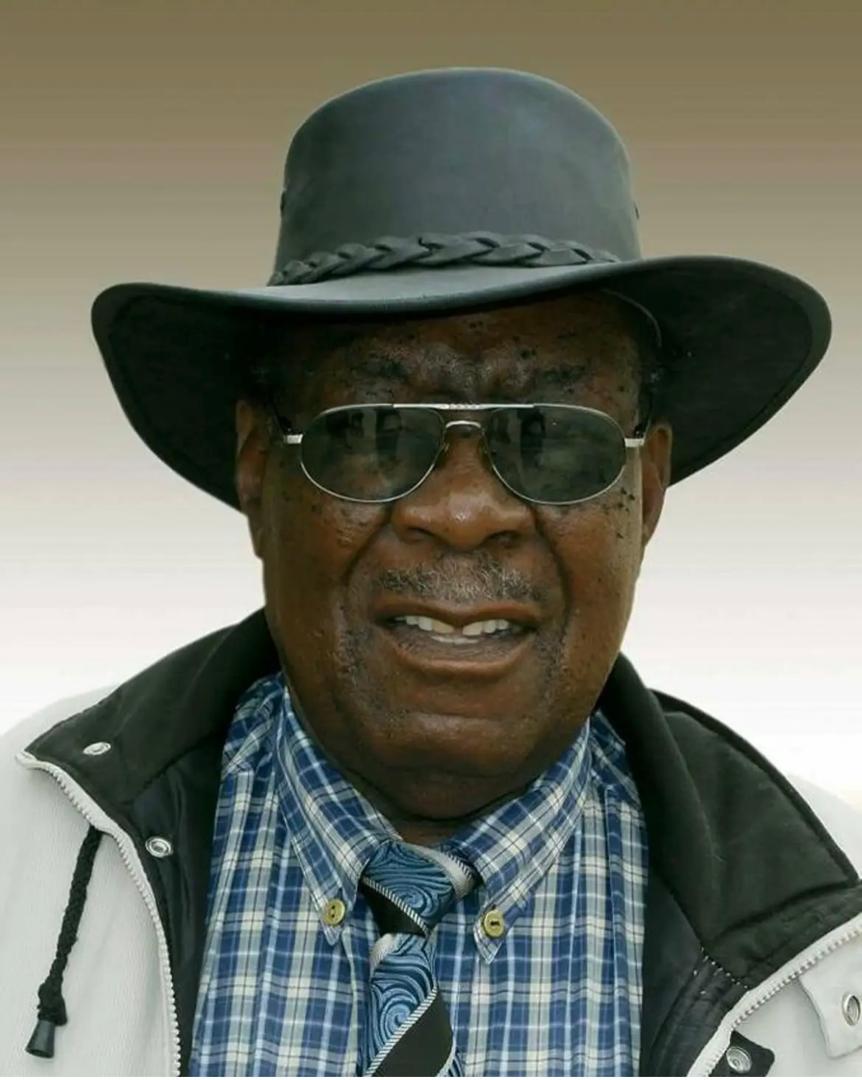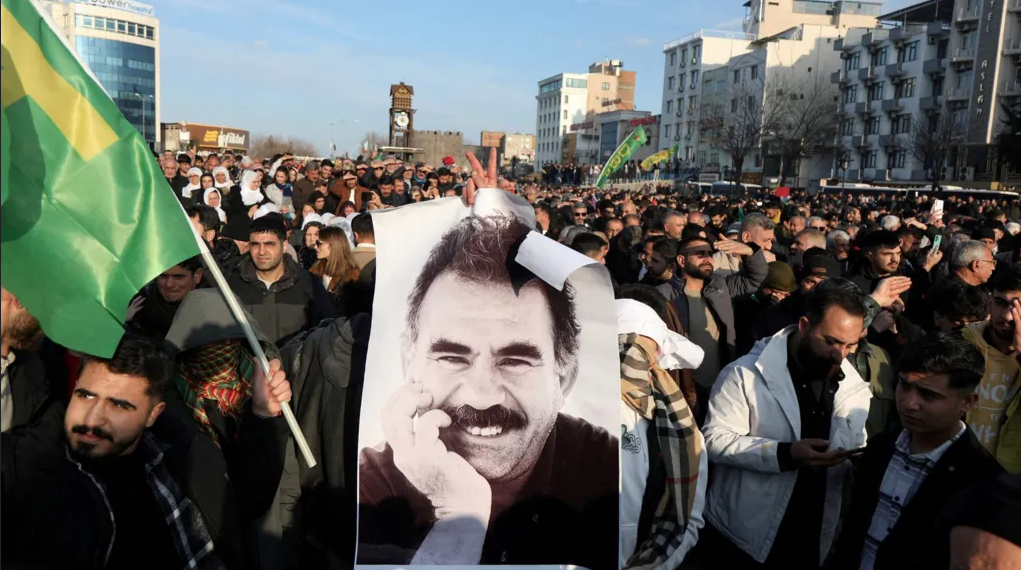YOUNG people from across the country gathered at the Parliament buildings on Tuesday to discuss the draft National Youth Service Bill currently up for debate.
Various schools and youth organisations joined the discussions, from the University of Namibia (Unam) and the Nudo Youth League to the Eluwa Special School for the hearing and visually impaired in Ongwediva. The country’s youth service came under fire from various individuals who believed that not enough was being done to serve them.Some of the issues Deputy Minister of Youth Pohamba Shifeta and other youth leaders had to answer were why talent development in Namibia seemed non-existent, why politics was such a huge factor in the National Youth Council (NYC) and why disabled people appeared to be getting a raw deal in the draft bill.Speaking on the need for legislation to judge the work of youth organisations, Shifeta said the National Youth Council (NYC) had operated since 1994 without an act to guide its activities.”The danger in this is that, while this is an organ of the State, it is not enacted and can thus easily be dissolved by the simple decision of a minister.You need some guarantee that the organisation will be around to follow through with its mandate,” he said.An act such as the National Youth Service Bill, he added, would further allow for the passing of subordinate bills and thus more programmes for the youth.”I think once this has become a legal act, there will be an obligation from Government to fund it.Right now we don’t have a budget vote,” he said.The NYC, he says, is pushing for an annual public holiday to be called National Youth Day.”If there is this enabling act, we can make this possible,” he said.A public holiday was not one of the issues brought up by the participants in the discussion.”Looking through the act, nothing is mentioned about the responsibility of the NYC.You’re talking of a national youth day, but the youth expects more,” audience member David Adetona charged.”Namibia is filled with talent, but what are you doing to help the youth develop that talent?” he wanted to know.Similarly, representatives from the Nudo Youth league and the Chief Hosea Kutako Youth Forum criticised the involvement of senior politicians in the running of the NYC, for example in the election of board members.”We can’t bypass the Minister.You’re getting public funds, and if anything should happen to that money the Minister will be held responsible,” Shifeta said, defending the clause in the act.”Recommendations will still be coming from the council, but the Minister will have to take ultimate responsibility.It’s a formality,” he said.Responding to criticism that the NYC was often seen as making choices based on political influence, Deputy Director of Sport Steve Hoveka said this would unfortunately remain a factor, as many youth organisations were part of political parties.”We must just strengthen our youth organisations so that they are not overpowered by certain groups,” he said.Pupils from the Eluwa Special School for the hearing and visually impaired at Ongwediva criticised the current act for making a distinction in certain clauses between people with physical and mental disabilities.Another urged that the act be translated into Braille.”I must say I didn’t pick these up, and I am always the one going on about these types of details,” Shifeta admitted, as members of the panel took notes of the suggestions.The country’s youth service came under fire from various individuals who believed that not enough was being done to serve them.Some of the issues Deputy Minister of Youth Pohamba Shifeta and other youth leaders had to answer were why talent development in Namibia seemed non-existent, why politics was such a huge factor in the National Youth Council (NYC) and why disabled people appeared to be getting a raw deal in the draft bill.Speaking on the need for legislation to judge the work of youth organisations, Shifeta said the National Youth Council (NYC) had operated since 1994 without an act to guide its activities.”The danger in this is that, while this is an organ of the State, it is not enacted and can thus easily be dissolved by the simple decision of a minister.You need some guarantee that the organisation will be around to follow through with its mandate,” he said.An act such as the National Youth Service Bill, he added, would further allow for the passing of subordinate bills and thus more programmes for the youth.”I think once this has become a legal act, there will be an obligation from Government to fund it.Right now we don’t have a budget vote,” he said.The NYC, he says, is pushing for an annual public holiday to be called National Youth Day.”If there is this enabling act, we can make this possible,” he said.A public holiday was not one of the issues brought up by the participants in the discussion.”Looking through the act, nothing is mentioned about the responsibility of the NYC.You’re talking of a national youth day, but the youth expects more,” audience member David Adetona charged.”Namibia is filled with talent, but what are you doing to help the youth develop that talent?” he wanted to know.Similarly, representatives from the Nudo Youth league and the Chief Hosea Kutako Youth Forum criticised the involvement of senior politicians in the running of the NYC, for example in the election of board members.”We can’t bypass the Minister.You’re getting public funds, and if anything should happen to that money the Minister will be held responsible,” Shifeta said, defending the clause in the act.”Recommendations will still be coming from the council, but the Minister will have to take ultimate responsibility.It’s a formality,” he said.Responding to criticism that the NYC was often seen as making choices based on political influence, Deputy Director of Sport Steve Hoveka said this would unfortunately remain a factor, as many youth organisations were part of political parties.”We must just strengthen our youth organisations so that they are not overpowered by certain groups,” he said.Pupils from the Eluwa Special School for the hearing and visually impaired at Ongwediva criticised the current act for making a distinction in certain clauses between people with physical and mental disabilities.Another urged that the act be translated into Braille.”I must say I didn’t pick these up, and I am always the one going on about these types of details,” Shifeta admitted, as members of the panel took notes of the suggestions.
Stay informed with The Namibian – your source for credible journalism. Get in-depth reporting and opinions for
only N$85 a month. Invest in journalism, invest in democracy –
Subscribe Now!










